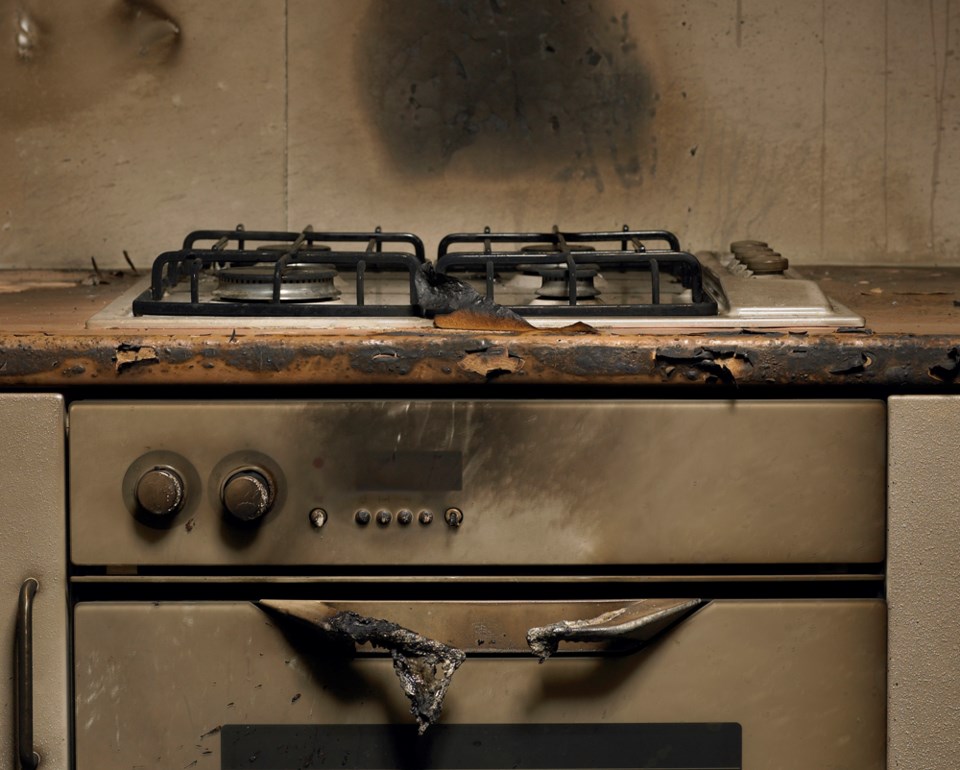A Burnaby landlord says he’s fighting to get his tenants to pay a $10,000 bill for damage caused by a fire that was started by a subletting man he didn’t even know about.
“It was news to me that they had sublet one of the rooms in the basement suite I was renting out to another couple,” the landlord told the NOW (he doesn’t want his name used because he worries about future tenants googling his name).
The tenants had given notice to the landlord a few months ago, but when he arrived to conduct an inspection of the suite to determine the future of the damage deposit, he discovered that they had already moved out. The kitchen had also suffered “significant” damage from a fire that he hadn’t been told about.
What he also discovered was a man living there who said he had sublet one of the bedrooms from the tenants and was hoping to stay.
“This guy thought I knew about him but I didn’t,” the landlord said. “He admitted that the fire was his fault but didn’t have the money to pay for the damage. He said the tenants told him that paying the damage was up to him, not them. I told him he had to move out.”
The landlord has since started a process to reclaim the money for the damage from the original tenants, but they have not responded to his calls or texts. He also doesn’t know where they have moved to and his insurance company is balking because their investigator can't speak to the original tenants about what happened.
“It’s their responsibility to pay the damage, not this other person,” the landlord said. “Their agreement is with me and they need to live up to their lease.”
The NOW did some digging and has found a Residential Tenancy Branch ruling in a different cause that defines a subletting tenant.
“The use of the word ‘sublet’ can cause confusion,” reads an RTB ruling.
According to the RTB, a sub-tenant has an agreement with the other tenants, but not the landlord. If the tenants want to recover money from the sub-tenant, that’s up to them but they have an agreement with the landlord.
Another landlord wrote to me recently detailing the difficulties that COVID-19 has caused the RTB process, including delays.
“It now takes that long, plus then time to go to Supreme Court and hire a bailiff ($5-10k) to get a tenant evicted,” the landlord wrote. “Meanwhile, tenants can get away with not paying rent and causing all kinds of damage, even harassing and/or threatening landlords in some cases. So all told it’s likely going to cost landlords $10k+ (that is assuming rent owing is $5k or less which is unlikely) plus whatever the damages are.”
One major problem is even collecting damages from a tenant who has wrecked a rental unit.
“I have seen landlords whose homes have been completely destroyed and sure they can get a monetary order to recoup some of the costs but getting the money from these tenants is unlikely as they often leave without leaving a forwarding address and/or they have no income that can be garnished, and even trying to collect beyond sending them a ‘letter of demand’ as per the RTB, if they don’t voluntarily pay, then it can go to collections but this requires going to small claims and another lengthy process. The risk for landlords is at an all-time high.”
Follow Chris Campbell on Twitter @shinebox44.



